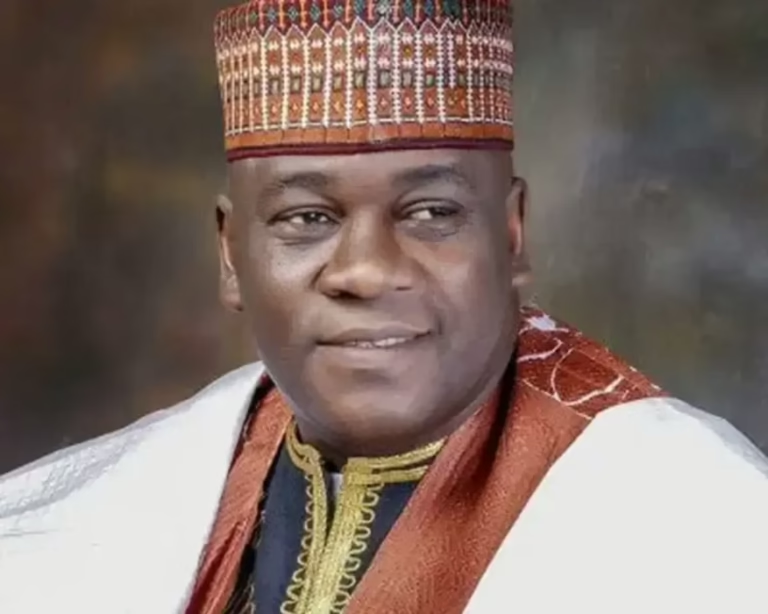Honorable Babangida Nguroje, former Deputy Speaker of the House of Representatives, has expressed strong support for the establishment of Sardauna State, the constitutional recognition of traditional institutions, and the introduction of dedicated seats for women within Nigeria’s legislative framework.
During a presentation at the Constitution Review Committee’s stakeholder public forum held in Abuja, Nguroje emphasized that the demand for creating Sardauna State from the current Taraba State is deeply rooted in historical, legal, cultural, and socioeconomic factors.
He highlighted that beyond the popular desire of the people, the proposal aligns with the legal framework outlined in sections 8(1) and (2) of the 1999 Constitution, which grants communities the right to pursue the formation of new states and local government areas. Nguroje urged the committee to treat this initiative as a legitimate democratic expression of collective will.
“As we approach the conclusion of these public consultations, it is imperative that the National Assembly, particularly the House of Representatives, prioritizes the voices of the citizens and crafts a constitution that genuinely reflects their aspirations,” he stated.
Nguroje described Sardauna as situated in the far southeast of Taraba State, perched on the Mambilla Plateau, an area endowed with vast economic opportunities. He noted that the region’s cool climate and fertile lands make it ideal for agriculture and livestock farming, while its scenic beauty holds significant tourism potential.
He further pointed out the prospective benefits of a Hydroelectric Power Project capable of generating 3,050 megawatts, which, if realized, would stimulate industrialization and economic advancement not only in the North East but across Nigeria.
“The area is also abundant in various mineral resources, including metallic and non-metallic minerals as well as precious stones,” Nguroje added.
He cited the Mambilla Highland Tea and Coffee Company, located within Sardauna Local Government Area, as a prime example of the region’s industrial potential and its capacity to boost existing enterprises.
Nguroje also underscored the vital role traditional institutions play in Nigeria, particularly in maintaining local security, preserving customs, and safeguarding cultural heritage.
“I firmly believe that traditional rulers should continue to have an active role in fostering societal progress,” he remarked.
On the matter of gender representation, Nguroje advocated for the allocation of special legislative seats for women, viewing it as a significant step toward enriching Nigeria’s democracy and encouraging diverse perspectives.
“Such measures will not only enhance democratic inclusivity but also motivate more women and girls to engage in political leadership and governance,” he concluded.
















